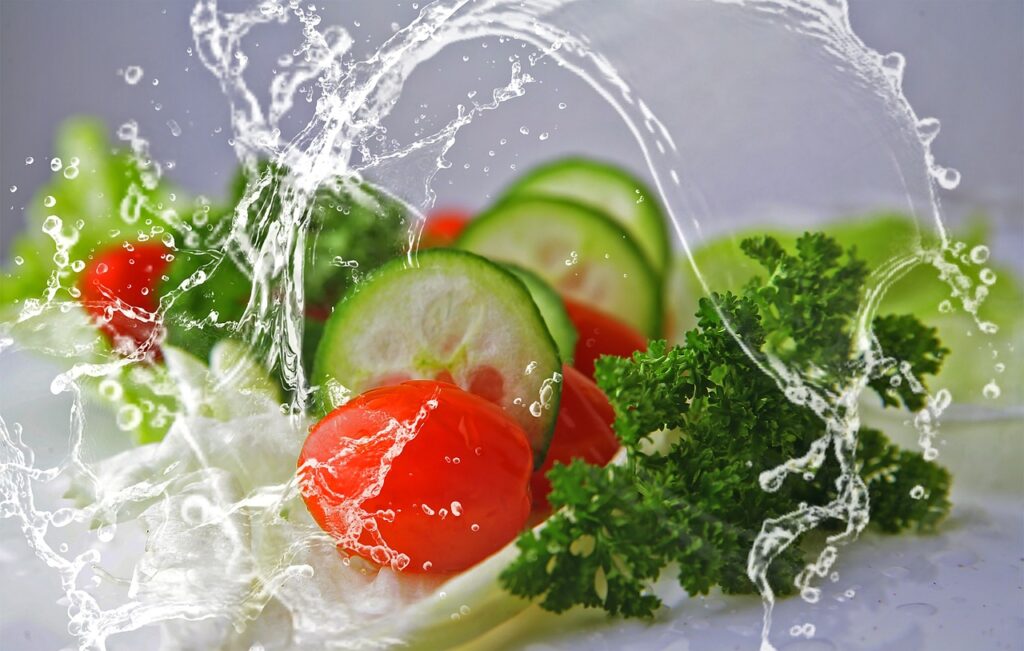5 Most Important Vitamins For Men’s Health

In the fast-paced environment of modern life, maintaining good health is more crucial than ever, and at the heart of this goal is essential vitamins. For men working with the demands of work, family, and personal growth, ensuring the body receives these vital nutrients is paramount to sustaining vitality. In this overall guide, we delve into the importance of these five key vitamins that contribute significantly to men’s health and overall well-being.
- 1. Vitamin D: The Sunlight Vitamin
- 2. Vitamin B Complex: Fueling Energy and Vitality
- 3. Vitamin C: Immune Support and Beyond
- 4. Vitamin E: Guardian of Cellular Health
- 5. Vitamin K: Balancing Blood and Bones
- Practical Tips for Ensuring Vitamin Sufficiency:
- Conclusion: An All-Around Approach to Men’s Health
1. Vitamin D: The Sunlight Vitamin
Commonly known as the “sunshine vitamin,” Vitamin D plays a pivotal role in men’s health. Beyond its well-established contribution to bone health through enhanced calcium absorption, recent research has shed light on its potential influence on testosterone production—an essential hormone for male reproductive health. While sunlight remains the most natural source of Vitamin D, dietary supplements and fortified foods are great substitutes for those with limited sun exposure.
2. Vitamin B Complex: Fueling Energy and Vitality
Comprising B1 (thiamine), B2 (riboflavin), B3 (niacin), B5 (pantothenic acid), B6 (pyridoxine), B7 (biotin), B9 (folate), and B12 (cobalamin), the B-vitamin complex is an irreplaceable player in energy metabolism. These vitamins work collectively to convert food into energy, sustaining overall vitality. For example, Vitamin B6 contributes to neurotransmitter production, influencing mood and cognitive function. Ensuring an adequate intake of these vitamins with a balanced diet or supplementation is necessary for sustained energy levels.
3. Vitamin C: Immune Support and Beyond
Widely recognized for its immune-boosting properties, Vitamin C is also very important in supporting men’s health. Acting as an antioxidant, it aids in collagen synthesis, promoting skin health and efficient wound healing. Beyond immune support, Vitamin C enhances the absorption of non-heme iron from plant-based foods, thereby preventing iron deficiency—an issue relevant to men. Including Vitamin C-rich foods, such as citrus fruits, berries, and leafy greens, in the daily diet is a simple yet effective approach to ensuring adequate intake.
4. Vitamin E: Guardian of Cellular Health
Functioning as a potent antioxidant, Vitamin E is indispensable for protecting cells from oxidative stress. This vitamin helps maintain cell membrane integrity, supporting overall cell health. In the context of men’s health, Vitamin E’s antioxidant properties are particularly pertinent to safeguarding sperm cells from oxidative damage. Nuts, seeds, and vegetable oils are excellent dietary sources of Vitamin E, and their inclusion in daily meals can contribute significantly to antioxidant defense.
5. Vitamin K: Balancing Blood and Bones
Often overlooked, Vitamin K plays a dual role in supporting men’s health. Primarily, it is crucial for proper blood clotting, preventing excessive bleeding. Secondly, Vitamin K contributes to bone health by aiding in the regulation of calcium, directing it to bones and teeth rather than soft tissues. Leafy greens, broccoli, and specific vegetable oils are rich in Vitamin K, and incorporating these into the diet supports both cardiovascular and bone health.
Practical Tips for Ensuring Vitamin Sufficiency:
- Diverse Diet: Embrace a balanced and diverse diet that includes a variety of fruits, vegetables, whole grains, lean proteins, and healthy fats to naturally obtain a spectrum of essential vitamins.
- Moderate Sun Exposure: Aim for moderate sun exposure to facilitate Vitamin D synthesis. However, be mindful of sunscreen use, which can inhibit Vitamin D production. In cases of limited sun exposure, consider Vitamin D supplements.
- Whole Foods: Opt for whole foods over processed options to maximize nutrient intake. Fresh, unprocessed foods retain more of their natural vitamin content.
- Supplementation: If meeting nutritional needs through diet alone proves challenging, consider vitamin supplements after consulting with a healthcare professional. This is especially relevant for individuals with specific dietary restrictions or conditions that may impact nutrient absorption.
Conclusion: An All-Around Approach to Men’s Health
As men navigate the complexities of modern life, prioritizing health becomes an essential pursuit. The importance of vitamins in maintaining overall well-being cannot be overstated. From supporting energy metabolism to bolstering the immune system and promoting cardiovascular health, the role of vitamins is various. By incorporating a multitude of nutrient-rich foods into the diet and considering targeted supplementation when needed, men can take proactive steps toward sustaining vitality and enjoying optimal health. A balanced and informed approach to nutrition lays the foundation for a resilient and thriving life.